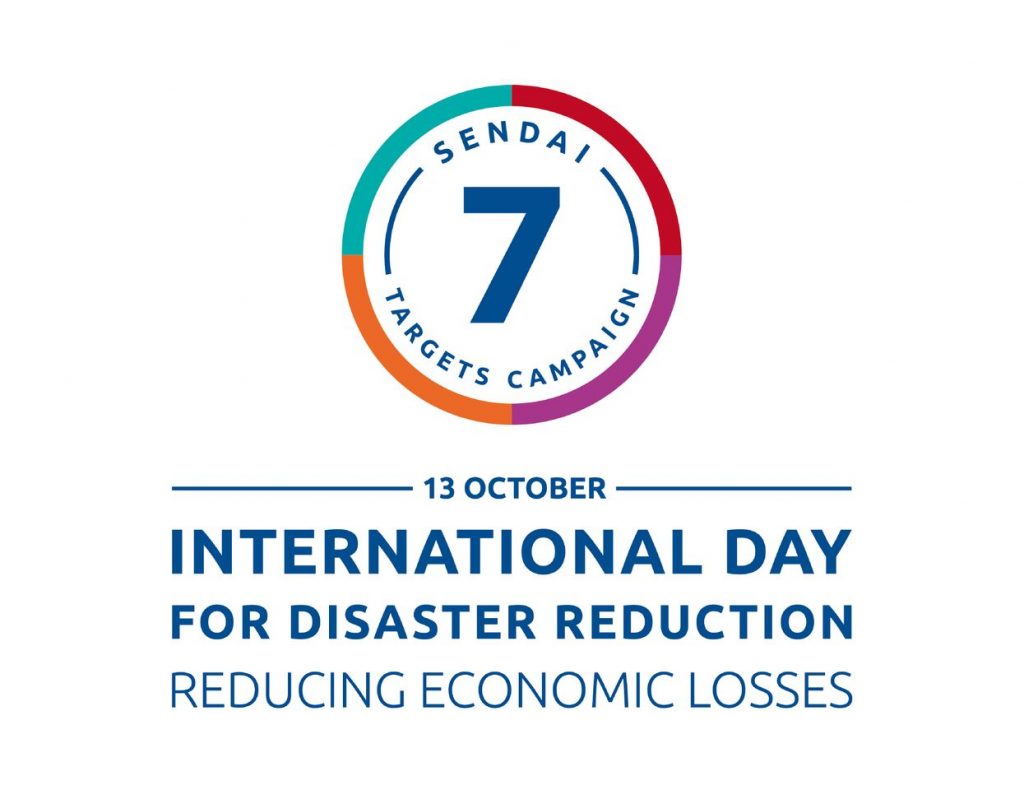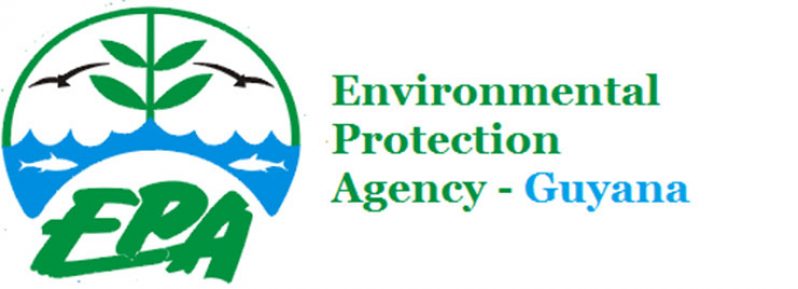– International Day for Disaster Risk Reduction 2018
“I SAW asphalt rolling and the road folded … I saw houses rolling, and the ground breaking open…A lot of people fall inside. It’s thanks to God I am alive now, with my children … I thought it was doomsday” these are the statements reported by CNN from a public servant in the aftermath of Indonesia’s earthquake which struck on September 28, killing at least 1407 people.
Starting in 1989, and on October 13 every year, the United Nations observes International Day for Disaster Risk Reduction (IDDR), recognising the need for nations and societies to be more risk-aware and geared towards disaster risk reduction.
Professor Jonathan Stewart, speaking on the liquefaction of soil as the main cause of destruction in some parts of Indonesia following the earthquake, said that “As with most problems, the first step in mitigation is recognising that a problem exists. We have an engineering procedure for this. Had they been applied, there is a good chance the hazard would have been recognised.”
 Stories like these urge us to consider where the impacts are felt greatest when disaster strikes – people. Significant economic losses from disasters destroy livelihoods, forcing millions into poverty every year, especially those in low and middle-income countries. This year, IDDR highlights the human cost of disasters and advocates that “reducing economic losses from disasters has the power to transform lives.” 2018 celebrations continue under the Sendai Framework of 2015, with its seven targets to measure progress on reducing disaster losses.
Stories like these urge us to consider where the impacts are felt greatest when disaster strikes – people. Significant economic losses from disasters destroy livelihoods, forcing millions into poverty every year, especially those in low and middle-income countries. This year, IDDR highlights the human cost of disasters and advocates that “reducing economic losses from disasters has the power to transform lives.” 2018 celebrations continue under the Sendai Framework of 2015, with its seven targets to measure progress on reducing disaster losses.
Guyana’s experience with El Nino droughts and La Nina flood conditions, have resulted in significant economic losses and negative impacts on development. The losses suffered in the agriculture sector and the number of lives affected due to the floods of 2005, are difficult to forget. In 2015, the UNISDR ranked Guyana 13 out of 162 countries for flood risk and reported that 0.69 per cent and 0.42 per cent of the population and GDP, respectively, are exposed to the effect of flooding. Our vulnerability, notably for food security, poverty reduction and agriculture development could be further enhanced due to the impacts of climate change, particularly due to Guyana’s low-lying coast.
The EPA has taken on a risk-based approach to environmental management. This will allow us to become more resilient and proactive in our efforts to protect human health and the environment.
– Disasters are gateways to poverty and distress for many vulnerable people living in low and middle-income countries particularly.
– Investing in disaster risk reduction is a precondition for developing sustainably in a changing climate.
Knowledge transfer in risk management and school safety
As we observe International Day for Disaster Risk Reduction, coincidentally, Guyana is about to benefit from a timely intervention in this regard. Through bilateral cooperation with the Presidential Agency for International Cooperation of Colombia, APC-Colombia, Guyana will be a direct beneficiary of a knowledge transfer mission focused on risk management and school safety. Workshops will be held during October 08-12, 2018, in Georgetown. The exercise has three main objectives:
1. Knowledge transfer in School Risk Management from Colombia to Guyana;
2. Implementation of the tool for the formulation of a School Risk Management Plan; and
3. Technical advice and training in the management of the tool and in the formulation and implementation of School Risk Management Plans.
This mission is the collaboration among APC-Colombia, the Ministry of Education (MoE) and the Environmental Protection Agency (EPA), in partnership with the Civil Defence Commission (CDC) and the Guyana Red Cross Society. The official opening ceremony will be held at Herdmanston Lodge on Monday, October 08, 2018, at 08:30h.
It’s time to get serious and proactive about disaster risk reduction, being unprepared can cause avoidable injuries and deaths.
You can share your ideas and questions by sending letters to: “Our Earth, Our Environment”, C/O ECEA Programme, Environmental Protection Agency, Ganges Street, Sophia, Georgetown, or email us at eit.epaguyana@gmail.com or follow us on Facebook and Instagram.




.jpg)









